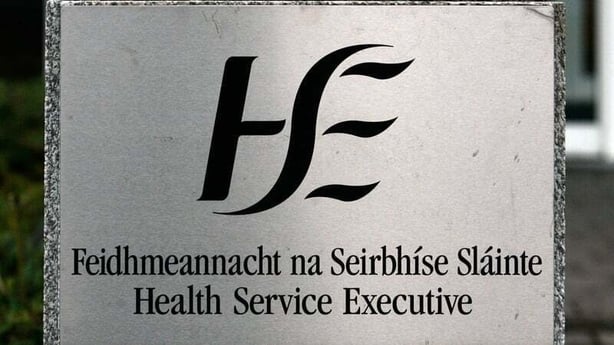The agency responsible for assessing whether new drugs are value for money for the HSE to fund for patients has said that many are not.
Professor Michael Barry, Clinical Director for the National Centre for Pharmacoeconomics, said this particularly applied to most new drugs for cancer and rare diseases which are not value at the asking price.
He told an annual conference on medicines in Dublin that the public needs value for money and that for many cancer drugs that enter the market, there is no evidence of survival improvement, or improved quality of life.
Prof Barry said that over the last five years, the HSE will have invested €415m for cancer drugs and drugs for rare diseases.
We need your consent to load this rte-player contentWe use rte-player to manage extra content that can set cookies on your device and collect data about your activity. Please review their details and accept them to load the content.Manage Preferences
He said that the recent Budget has also allocated €30m for new medicines next year, to be funded through savings.
The medicines bill for the State is increasing rapidly and this year will exceed €3.4 billion.
The National Centre for Pharmacoeconomics conducts health technology assessments (HTA) on applications from drug companies for new drugs to be funded by the HSE for patients.
The conference heard that a new HSE tracker showing the public and the pharmaceutical industry where new drugs are in the HSE funding approval process is expected go live by Christmas.
Prof Barry said that many of the delays in approving funding for new drugs are delays by the manufacturers in supplying the documents required for the health technology assessment, not delays on the part of the HSE or the HTA assessment process.

He rejected calls for cancer drugs to be made immediately available to patients by the HSE once they get European Medicines Agency approval.
The Irish Pharmaceutical Healthcare Association (IPHA) said that its drug company members expect to apply for 36 new medicines to be made available by the HSE next year for patients.
It estimates this could benefit up to 3,700 patients.
These drugs will cover areas like cancer, Alzheimer's disease, stroke, rare diseases, plus women’s health conditions, migraine, dermatitis, asthma, ulcerative colitis, type 2 diabetes and liver disease.
The IPHA industry wants the Government to commit to a continuous and faster flow of new medicines.
Talks on a new four-year deal between the Government and the pharmaceutical industry are due to conclude next year.







